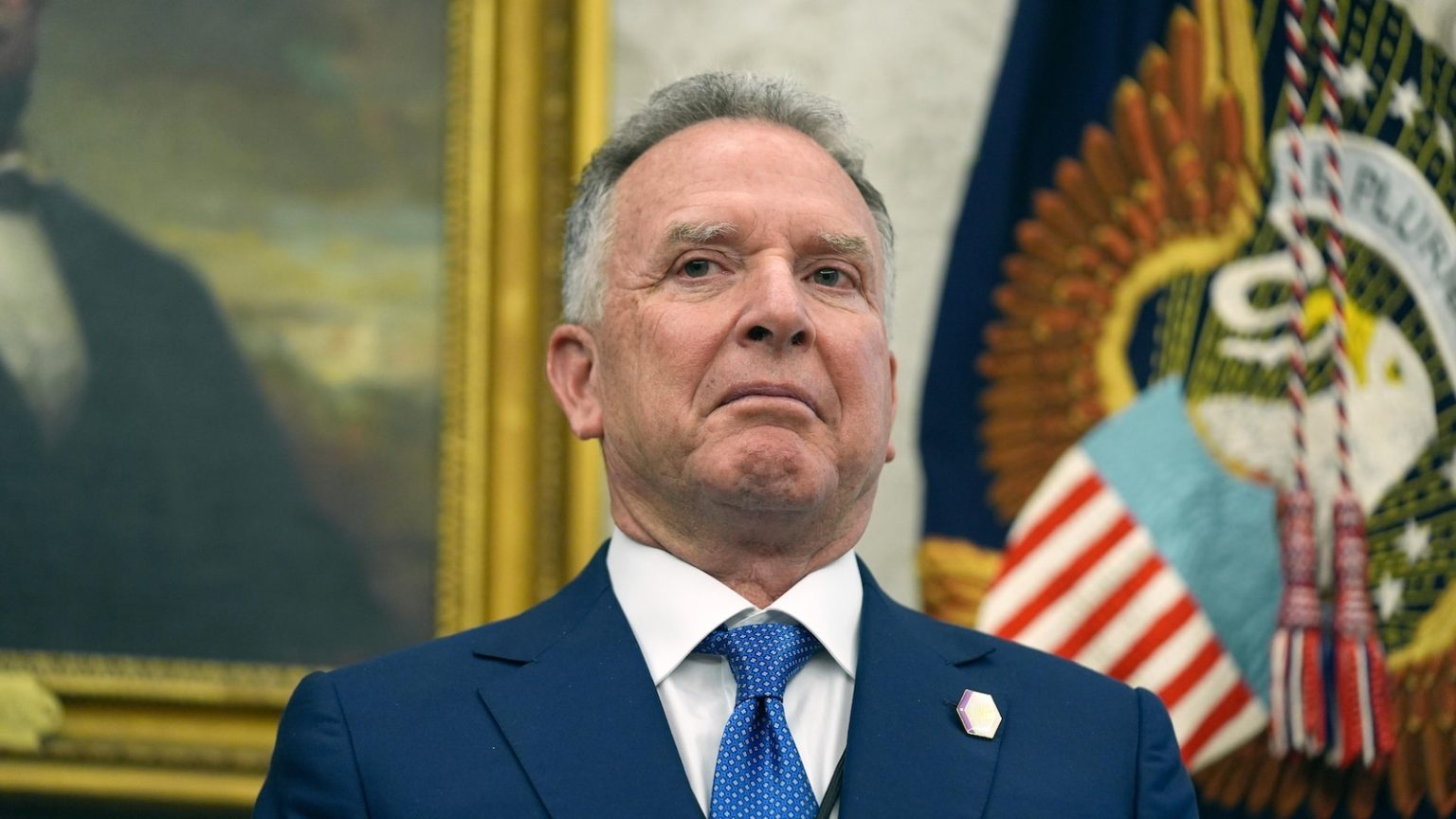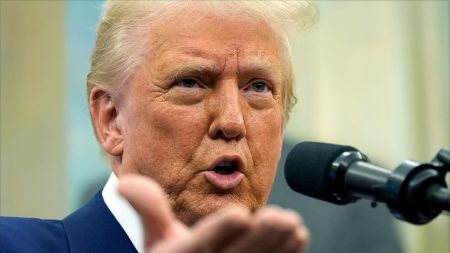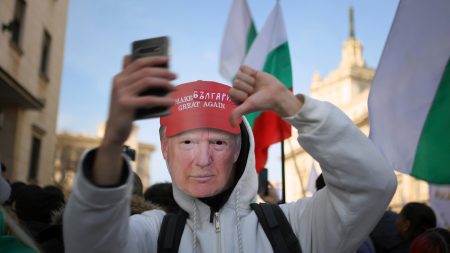A New Era in U.S. Economic Strategy: Trump’s Sovereign Wealth Fund
On Monday, President Donald Trump took a significant step in reshaping the U.S. economic landscape by signing an executive order aimed at developing a government-owned investment fund. This fund, described as a "sovereign wealth fund," could potentially allow the U.S. to profit from assets like the popular social media app TikTok, should it find an American buyer. The move marks a bold initiative by the Trump administration to expand the federal government’s role in the private sector and create new revenue streams for American citizens. Trump emphasized that TikTok, currently owned by a Chinese company, could serve as a prime example of the type of asset the fund might acquire. "We might put that in the sovereign wealth fund, whatever we make or we do a partnership with very wealthy people, a lot of options," Trump remarked during a meeting in the Oval Office. He also hinted at the possibility of including other assets in the fund, suggesting that this is just the beginning of a broader strategy.
The Vision for a U.S. Sovereign Wealth Fund
The concept of a sovereign wealth fund is not new, as many nations, including Saudi Arabia, Norway, and China, have utilized such funds to manage state-owned assets and investments. These funds often serve as tools for national economic development, strategic investment, and even geopolitical influence. Trump’s vision for a U.S. sovereign wealth fund appears to align with these objectives, as he expressed confidence that the U.S. could eventually surpass the size and influence of Saudi Arabia’s fund. "Eventually, we’ll catch it," he promised, reflecting his characteristic optimism about America’s economic potential. The fund would likely require congressional approval to establish, and its structure and operations would need to be carefully defined to ensure transparency and accountability.
The Role of Key Officials in Shaping the Fund
To bring this ambitious project to life, Trump has tasked two of his top officials with laying the groundwork: Treasury Secretary Scott Bessent and Commerce Secretary Howard Lutnick. Both secretaries are expected to play pivotal roles in determining the fund’s scope, structure, and priorities. Bessent has emphasized the administration’s goal of launching the fund within the next 12 months, signaling a sense of urgency and commitment to this initiative. Meanwhile, Lutnick has highlighted the fund’s potential to serve broader national interests, such as taking stakes in critical industries. For instance, he suggested that the fund could have been used to acquire a profit-earning stake in vaccine manufacturers, leveraging the federal government’s purchasing power to create value for American citizens. "The extraordinary size and scale of the U.S. government and the business it does with companies should create value for American citizens," Lutnick explained to reporters.
The Case for a Sovereign Wealth Fund
Proponents of a U.S. sovereign wealth fund argue that it could serve multiple purposes, from generating revenue for the federal government to bolstering national security. By investing in strategic assets, the fund could help the U.S. maintain its competitive edge in critical industries, such as technology, healthcare, and renewable energy. Additionally, such a fund could provide the government with a financial cushion during economic downturns, reducing reliance on debt and taxpayer dollars. Lutnick’s mention of vaccine manufacturers underscores the potential for the fund to support industries that are vital to public health and national security. Moreover, by partnering with private investors, the fund could leverage private-sector expertise while ensuring that the interests of American citizens are prioritized.
The Political and Economic Context
The idea of creating a sovereign wealth fund is not entirely new to the U.S. government. During the Biden administration, officials explored the possibility of establishing such a fund for national security-related investments, though no concrete steps were taken before Trump took office. Trump’s decision to move forward with the initiative reflects his administration’s focus on economic nationalism and self-reliance. The fund could also be seen as part of a broader effort to counter the growing influence of foreign-owned companies in the U.S. market, particularly Chinese firms like TikTok’s parent company, ByteDance. By taking a stake in such companies, the U.S. government could exert greater control over critical technologies and data, addressing concerns about national security and intellectual property theft.
Looking Ahead: Opportunities and Challenges
While the concept of a U.S. sovereign wealth fund offers promising opportunities, it also presents significant challenges. One of the most immediate hurdles is securing congressional approval, as lawmakers may have differing views on the fund’s purpose, scope, and governance. Additionally, the fund’s success will depend on the ability of federal officials to manage complex investments effectively—no small task, given the scale and diversity of the assets involved. Critics may also raise concerns about the potential for political interference in investment decisions, which could undermine the fund’s profitability and credibility. Despite these challenges, Trump’s initiative marks an important step in the ongoing debate about the role of government in the economy. If executed wisely, the sovereign wealth fund could become a powerful tool for advancing American economic interests and creating long-term value for the nation’s citizens.















